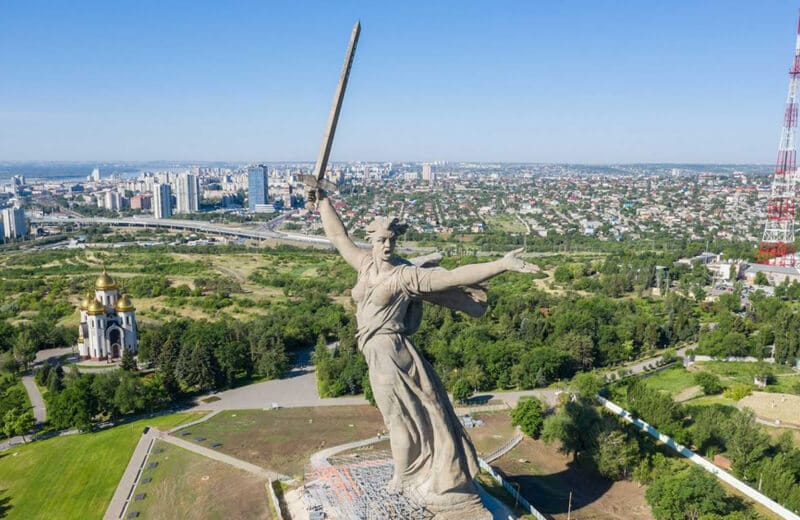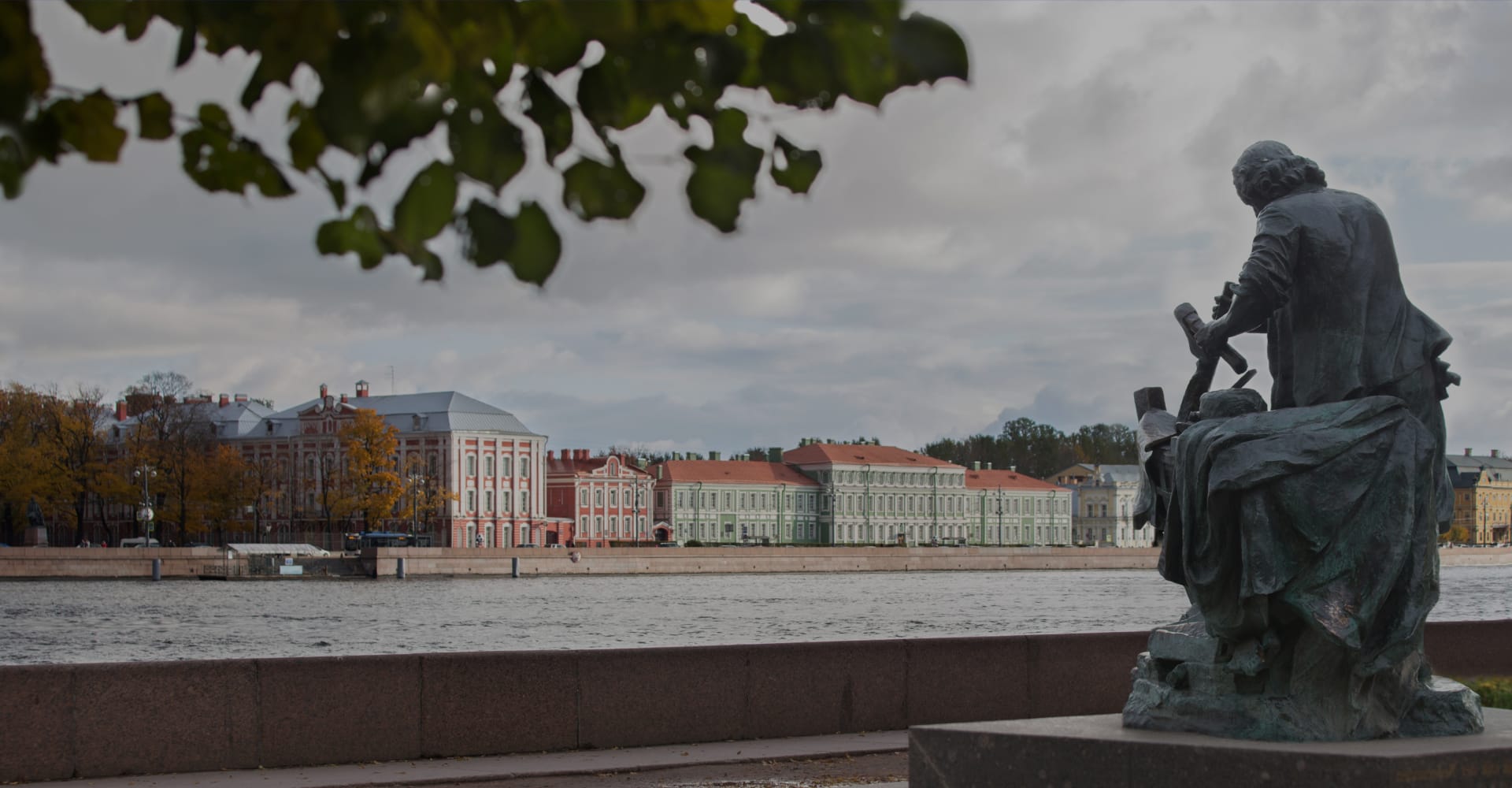
Types of universities
Most educational institutions in Russia where you can get higher education are called “universities”. But sometimes other words may appear in the name - “academy”, “institute”, “school”. Some universities have a special status - “federal” or “national research”; a university can also be public or private. We will help you figure out what differences you should pay attention to.
University, academy, institute, school
Historically, the different names of higher education institutions in Russia did indicate their differences. There were relatively few universities: only very large educational organizations were called that, where they taught in a wide range of programs and conducted scientific research in various fields. Academies were engaged in teaching and research in one field - for example, economics, law, art. The institutes specialized in one professional field and, as a rule, did not conduct fundamental research.
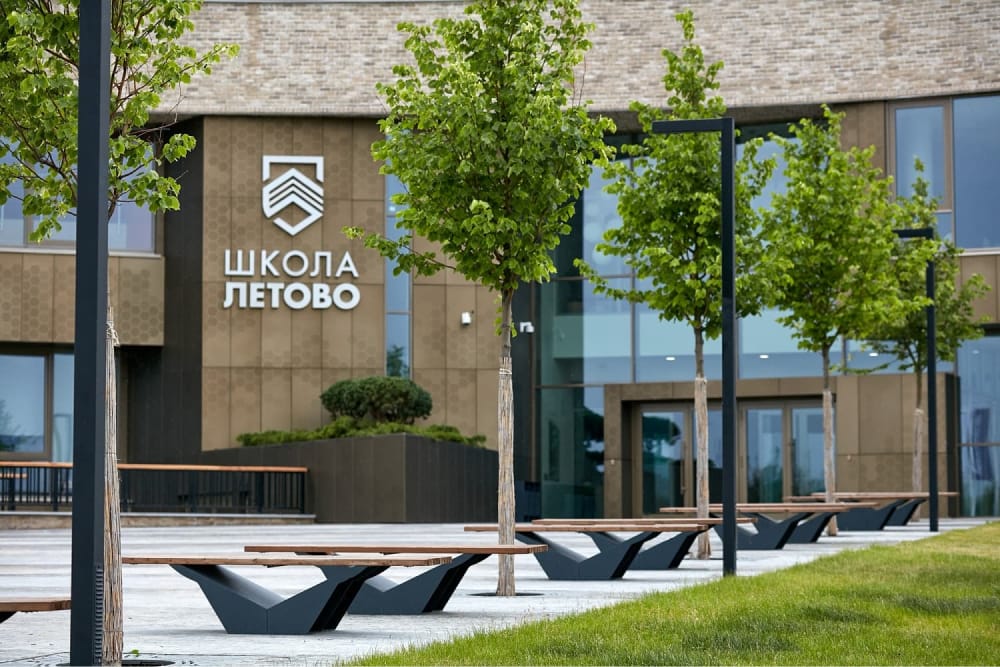
Now only some educational institutions have retained the names “academy” or “institute”. Sometimes they emphasize connections with the industry - for example, the Russian Academy of National Economy and Public Administration, the Military Medical Academy, the Institute of International Economic Relations. Sometimes the word “institute” remains in the name as a tribute to tradition, a designation of a well-known brand - for example, National Research Nuclear University "MEPhI" (Moscow Engineering Physics Institute - the former name of the university). Institutes can also be called departments of universities (such as faculties) or their branches.
The word “school” appears less frequently in the names of Russian universities. It can also be a traditional part of the name of the university: for example, National Research University Higher School of Economics. Or be included in the main name - like the Russian Economic School. Or may indicate a department: Higher School of Journalism of Tomsk State University.
The main thing you should know: “university”, “academy”, “institute” or “school” are not terms; there are no significant differences between them.
University statuses
Sometimes you can see the word “federal” in the name of a university - for example, Siberian Federal University, Baltic Federal University, Southern Federal University and others. Typically, such a university is the largest in the territory (in the federal district), it has the most areas of study and the highest level of education and research.
Some universities have National Research status. World-famous scientists work in these places, modern research centers are open - here you can not only get an education, but also participate in global scientific projects, start or continue your academic career. National research universities are located not only in the largest cities, such as Moscow and St. Petersburg. In the small city of Tomsk in Siberia, for example, there are two such universities.
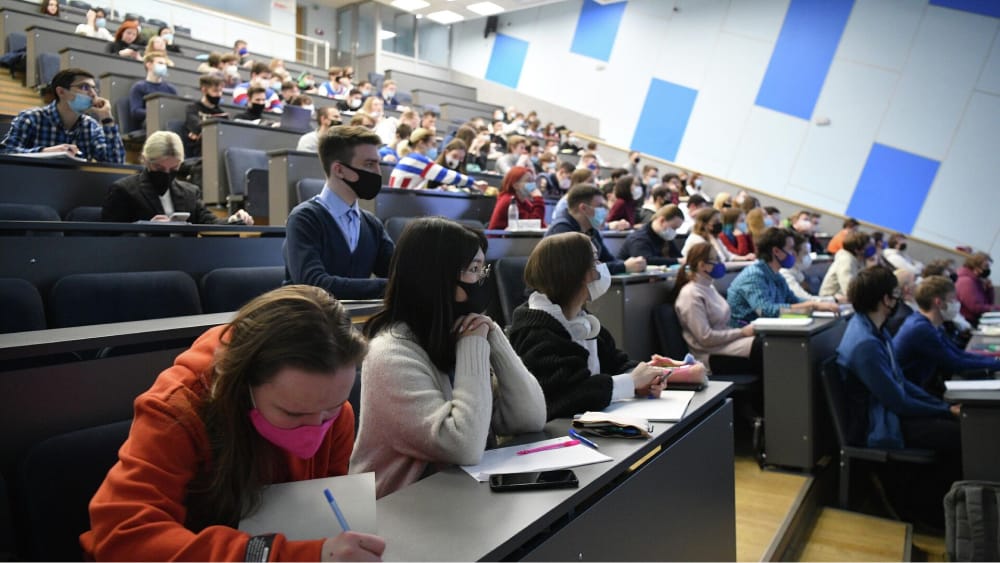
Moscow State University (MSU) and St. Petersburg State University (SPbSU) have a special status in Russia. These are the largest, most prestigious and financially secure universities in the country, where the most talented and motivated young people dream of enrolling.
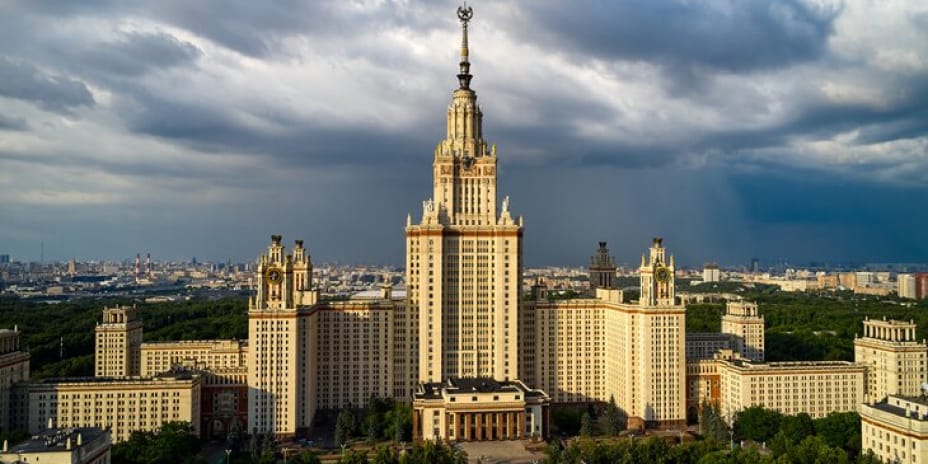
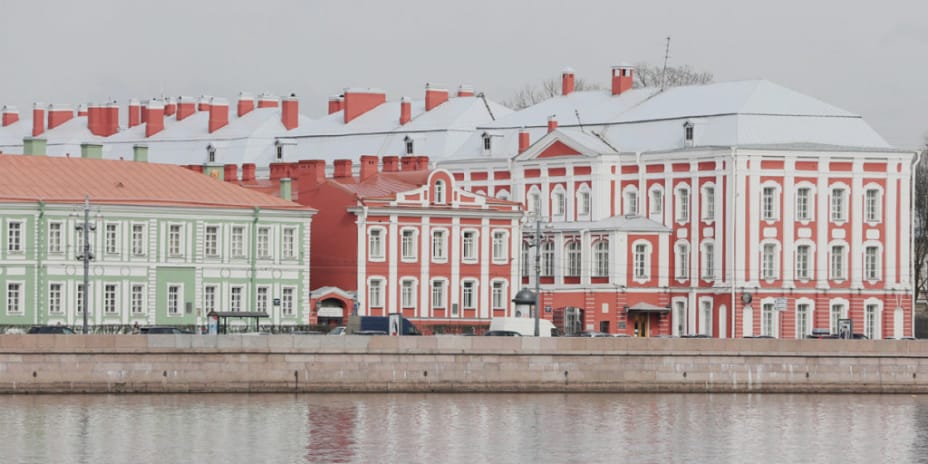
University Profiles
In Russia there are classical, multidisciplinary universities - ones where you can study a variety of areas: the humanities, natural sciences or technology. All federal universities, as well as Moscow State University and St. Petersburg State University, belong to this category.
Other universities have a narrower profile - they teach and conduct research in a specific, more or less broad, field: technical and engineering sciences, medicine, pedagogy. Some universities are even more specialized, where they concentrate, for example, on such industries as electronics, aircraft manufacturing, mining, and cinema.

The profile of a university can most often be determined by its name. For example, Perm Polytechnic University, Moscow State Technical University named after Bauman, St. Petersburg State Electrotechnical University train engineers and technical specialists. First Moscow State Medical University named after Sechenov - doctors and researchers in medicine. Altai State Agrarian University - specialists in agriculture.
It is important to know that specialized universities often offer additional programs - in economics, entrepreneurship, pedagogy, linguistics and other areas. Therefore, it is useful to look not only at the name of the university, but also to get acquainted with the entire list of its educational programs.
Public and private universities
Most universities in Russia are state-owned. They receive funding from the country's budget, and their founders are the ministries of the Russian Federation. Most universities are under the authority of the Ministry of Science and Higher Education, medical universities are under the Ministry of Health, agricultural universities are under the Ministry of Agriculture, military universities are under the Ministry of Defense, and so on.
An alternative to state universities is private universities. They are not publicly funded, but must be licensed by the state in order for students to receive legitimate degrees. Private universities offer more programs in business, management, economics and law, but some specialize in technology, art, architecture or psychology, for example. Once you decide on a major, you can often choose between a public and private university.

In any case, when you select a university, consider first of all how suitable it is for you: in terms of the programs offered, scientific activity, location and other factors. If you lack available information, be sure to contact the university directly and ask any questions.
You may be interested in
Apply for admission

It's easy to enroll in university!
- 1Select a profession, university, program
- 2Find out about scholarships and funding options
- 3Collect the necessary documents for admission
- 4Pass entrance tests and competitive selection
- 5Receive an invitation and apply for a study visa










